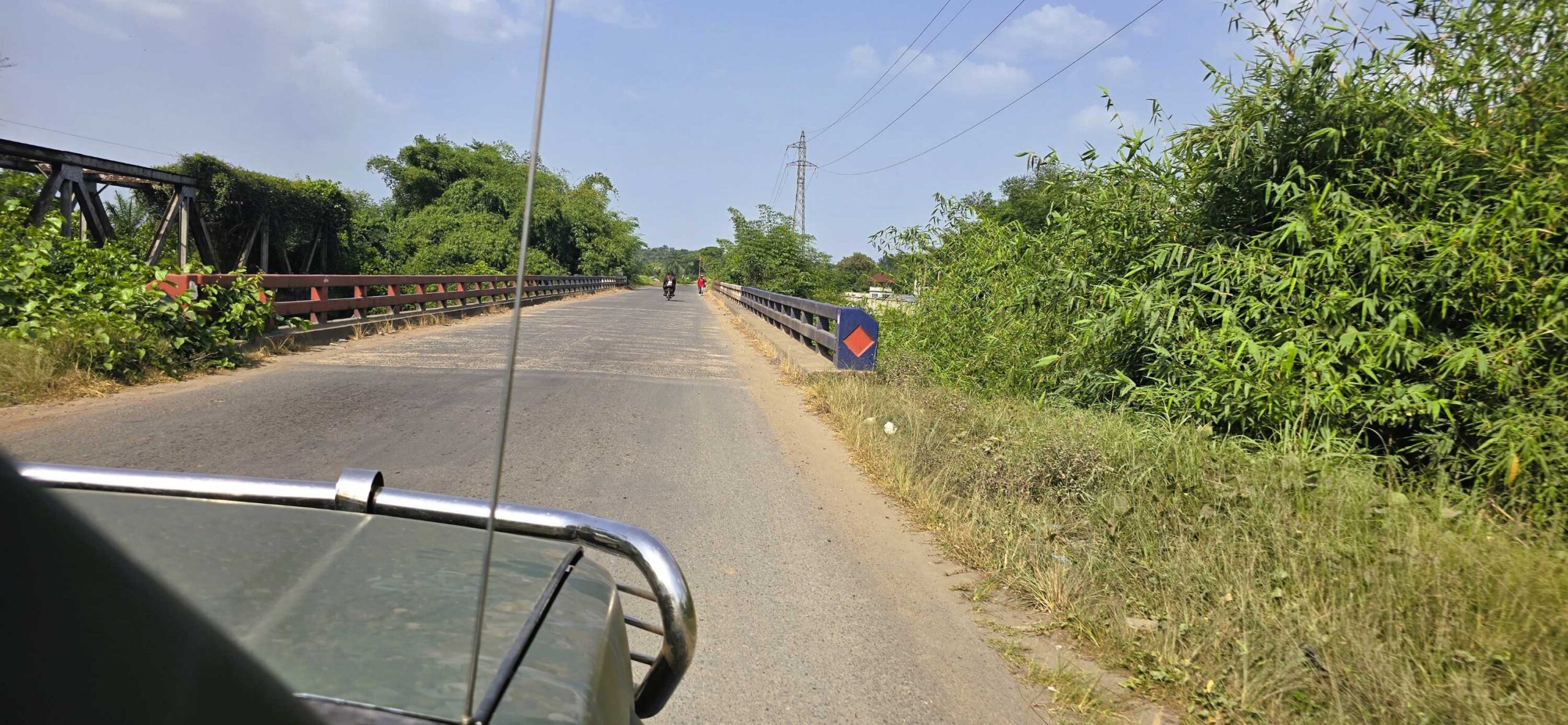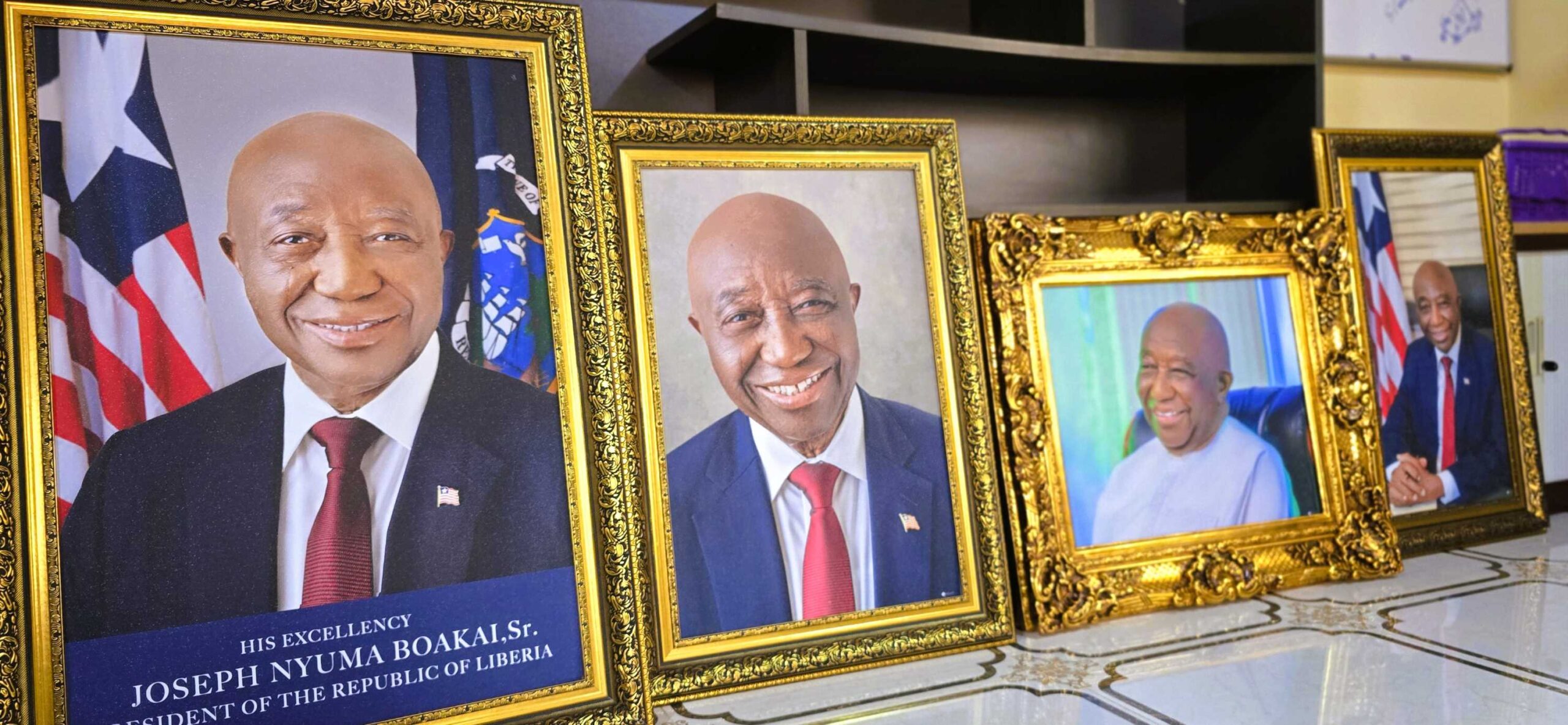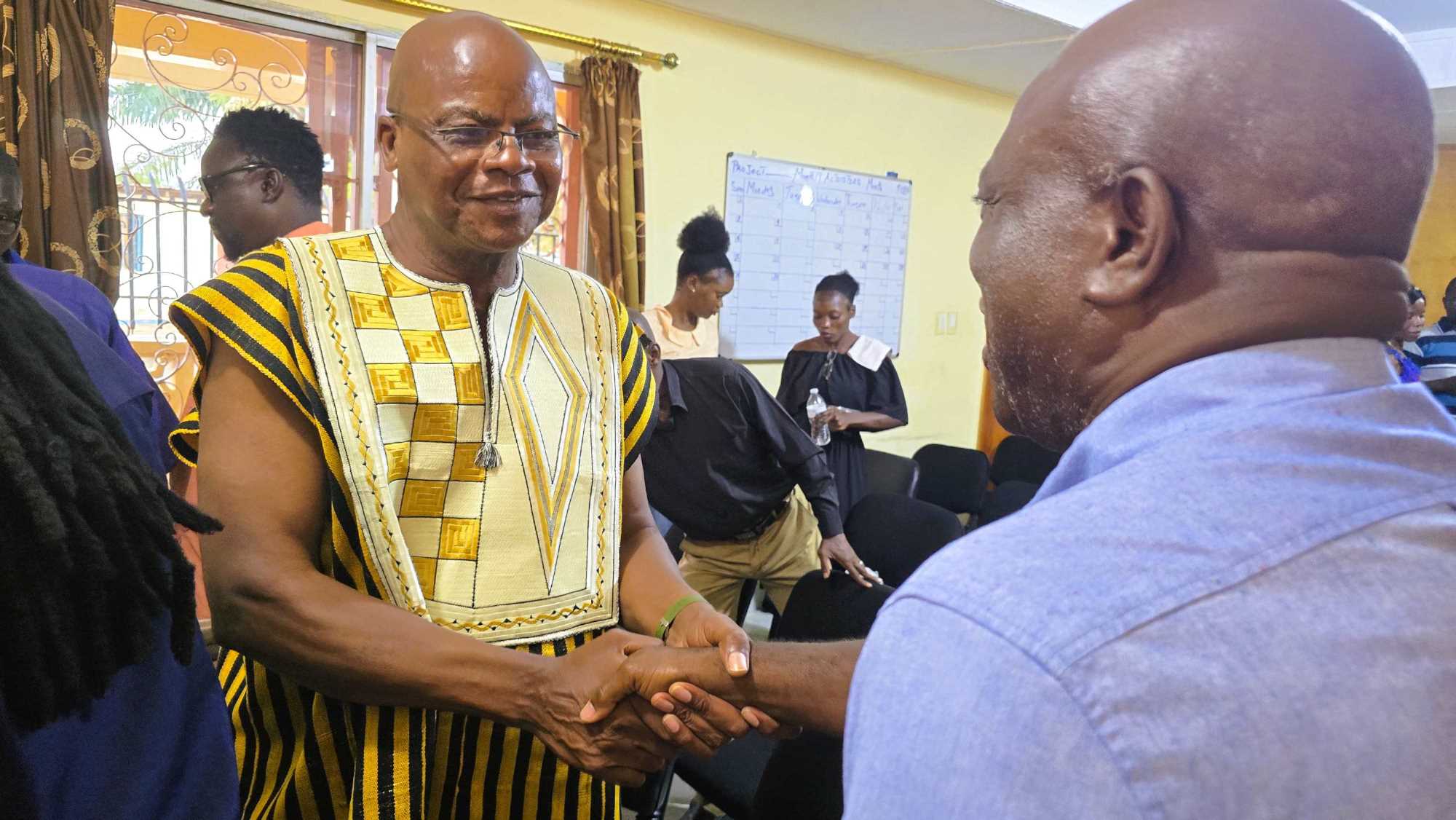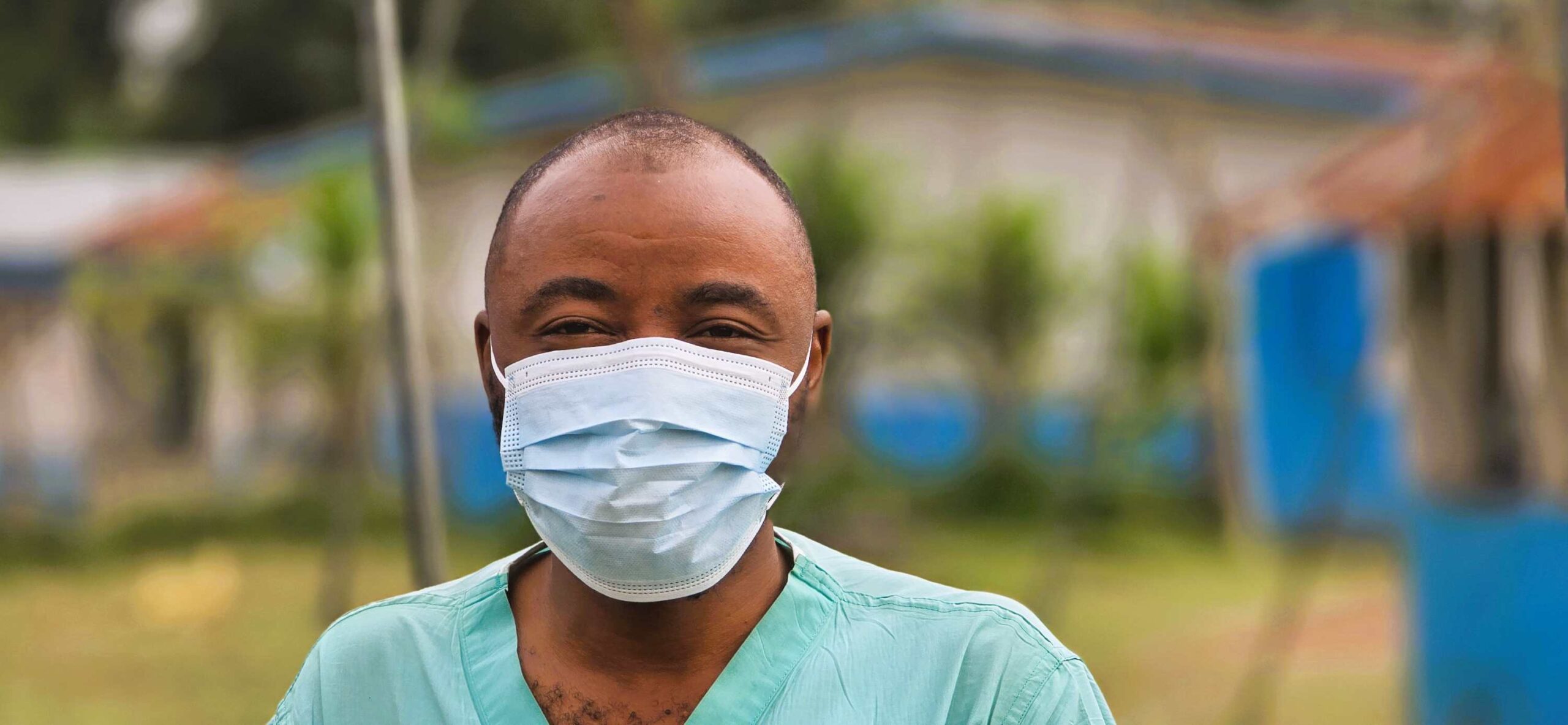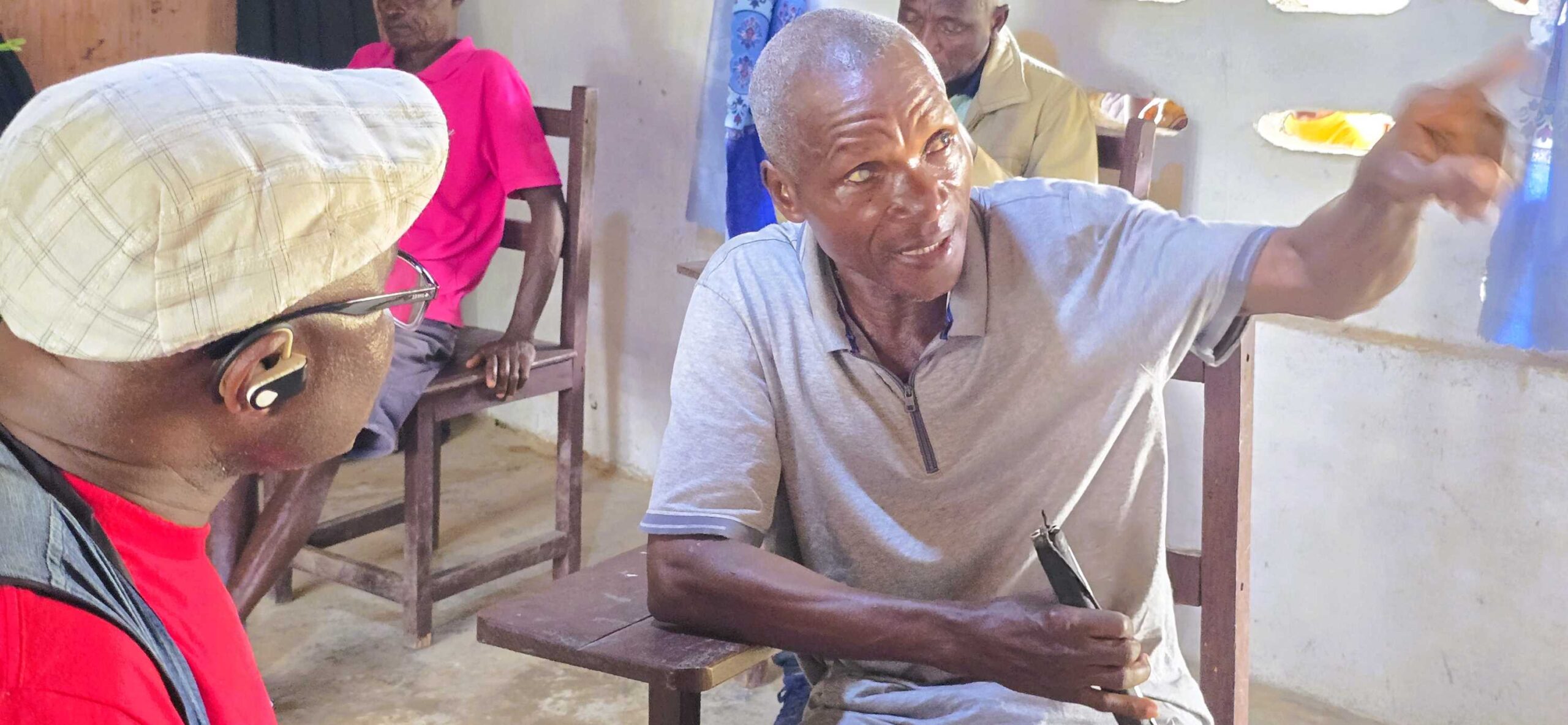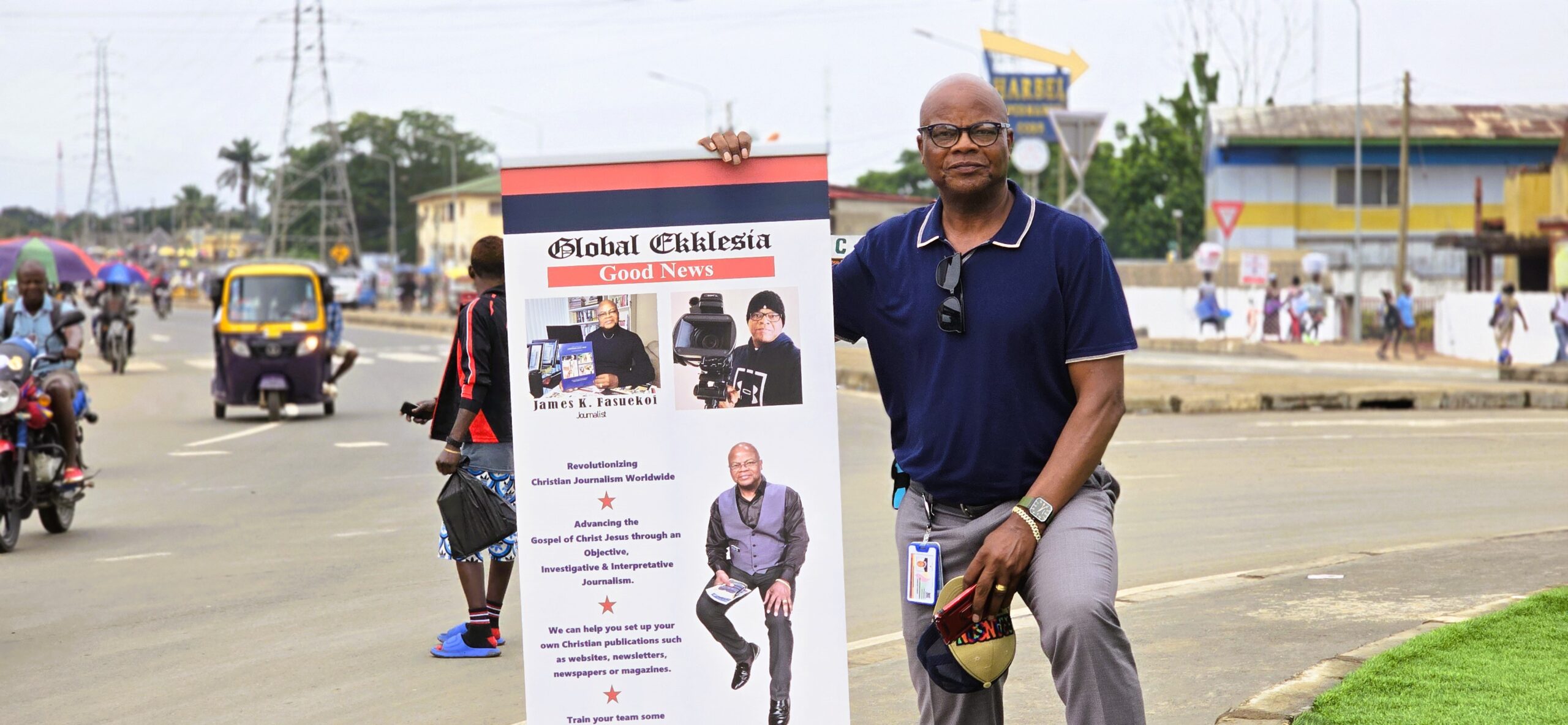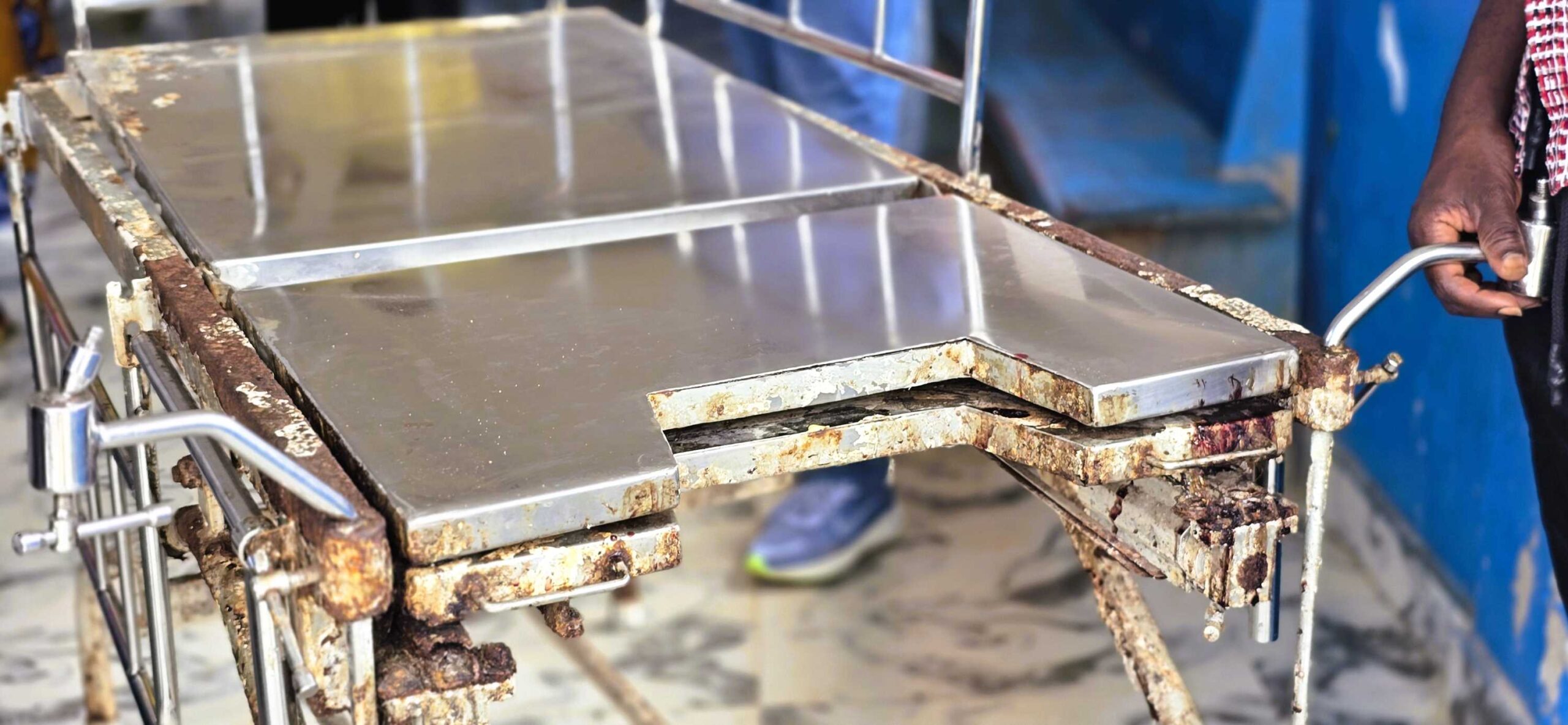Former AP Journalist tells what it was like covering Liberia Civil War!
By Global Ekklesia Staff Writer
James Kokulo Fasuekoi was already a working journalist and studying Mass Communications at the University of Liberia when civil war broke out in his native Liberia, Dec. 24, 1989. He was only 25, and like his schoolmates, forced to abandon classes and flee Monrovia with little or nothing, returning 6 months later and picking up his camera and notepad. He would eventually work for the first post-war paper, The Inquirer, and later, The Associated Press. Now at 60, he spoke for the first time about what it meant working as a war journalist for a decade before escaping to exile.

At the behest of foreign powers such as the U.S. and certain European nations, former Associated Press War Journalist James Fasuekoi, has had to give public testimonies in war crimes cases during the last decade about a war that killed over 300,000 people. Even so, he has never been allowed to talk about his own horrifying experiences associated with those dark chapters.
For the first time, Friday, Oct. 25, 2024, exactly 28 years after the end of Liberia’s 1st civil war (December 1996), the former Liberia-based Associated Press stringer spoke openly of his personal experiences from the bitter era: from taking high-risks and covering the war, to how he struggled to deal with his own family issues, including raising a child.
Fasuekoi, now an evangelist, is editor and publisher for Global Ekklesia, a Christian news magazine based in Minneapolis, Minnesota where he has published this online news magazine before moving recently to Africa. He began by showing a photo of he and his son, then 4-year-old, shot days before Taylor’s Octopus War of Oct. 15, 1992, that devastated Monrovia.
A single parent at the time, he said, he often had to leave his son with friends at The Inquirer office in order to run to the frontlines, Gbarnga or Tubmanburg, to do press assignments and in cases where he won’t return someone had to take his son home till he returned.
It was a scene worth beholding when he asked his son, now 35, and a bearded man, fathering a 5-year-old child, to stand before the audience. many nodded in amazement apparently over how life’s journey has unbelievably changed the man that was once a toddler, spending much time at The Inquirer’s war-time makeshift office on Carey St. The audience couldn’t cease to marvel, seeing him from 1992 and now.

‘I used to be a scary guy, but the war eventually made me numb, and all of my fears went away…We were young at the time [of the war] and very passionate about the job we do-journalism, and didn’t care much about pay but to do the job,’ Fasuekoi said in between sobs, during his magazine’s 3rd anniversary-the first held in Liberia-at Pres. Joseph Nyuma Boakai Foundation.
Like in most other testimonies Fasuekoi previously provided, during international war crimes trials abroad including in the U.S., grief and emotions often overcome him, probably due to flashbacks, especially as he spoke of “near-death” incidents, coupled with the anguish and trauma he and other journalists endured while working.
He spoke of humiliation they suffered at the hands of rebels, as they tried to escape the carnage in 1990, and his long separation from his daughter, born 4 months into the war, in rebel-held area in Zorzor, saying, his first time to ever see her was late in 2005 after he picked her up from the airport on arrival in Philadelphia, when she was almost 17.

Once an award-winning journalist, Fasuekoi became an embedded journalist at the height of the country’s brutal civil war, often traveling with some 7 or more tribal-based rebel factions, and probably the only journalist to do so. He covered war full time for The Associated Press in Liberia and later, Sierra Leone, for eight years before fleeing to exile.
Once a BBC and AFP photo-stringer, he narrated an incident where he and two other foreign journalists, AP/BBC’s Nyenati Allison, and UPI’s Budu Kaisa, got immediately arrested in southeast Liberia around 1994, by a rebel group that accused one of the trios of allegedly publishing a “false report” on that faction and threatened all three with death. A Liberian medical doctor, Nathenial Bartee, helped secured their release, he said.

He expressed hope of meeting Dr. Bartee one day and paying homage to him for standing up and demanding their release in the face of great danger, and further refusing to join two Pakistani pilots and flying away as they (foreign pilots) had initially requested him to do.
He also spoke of the “April 6 War” of 1996, and how he and two colleagues, Nyenati Allison and Reuters’ Cameraman Mark Johnson, had camped at Roosevelt Johnson’s 19 Street residence, hours before Gen. Johnson’s rival rebel forces, led by both Alhaji Kromah and Charles Taylor, attacked him. The two ex-warlords, out of perhaps utter greed and fear, pursued Gen. Johnson in a concerted effort to annihilate him and his dreaded Butt Naked brigade, consisted mainly of Krahns.
Fasuekoi gave a touching testimony regarding their daring encounter with Gen. Charles Julue, at the time Julue and a band of AFL soldiers seized/occupied the presidential palace their September 15, 1994, failed coup that lasted nearly 24 hours.
He provided a vivid picture of their frightening journey from old Inquirer office on Carey Street, to the BTC army barracks, and then to the Executive Mansion and back.

Turning to neighboring Sierra Leone, he cited another of his near-death situation during which a group of AP journalists, including its West Africa Bureau editor, Ian Stewart, together with several other still-photo and television cameramen, came under enemy gunfire, barely 24 hours after they departed Monrovia for Freetown.
As it happened, the news crew, he said, fell into an ambush the moment they left Freetown. Myles Tierney, Nairobi-based AP Television producer was killed instantly while Ian Stewart, a Canadian and AP West Africa Bureau chief, got wounded for life. Bureau chief photographer, David Guttenfelder also was hurt in the attack.
“I was shocked when my boss said to me, I would like you to stay here,” he said. This was moments before the crew prepared to leave the hotel for the airport, he told the gathering as he struggled to hold back tears. The trip for the most part, had been prompted by striking images he said, he was streaming to AP-New York from the warzone.

The AP editors arrived in Monrovia that January, booked several suits at Mamba Point Hotel in preparation for the travel to rebel-held areas via Freetown. Everything seemed set and on course until the morning Fasuekoi says he arrived at Mamba Point Hotel, carrying his small luggage plus his passport, ready to make the trip.
“It had to be God who stopped me from making that trip,” said Fasuekoi, who, until the week of the trip, had been covering the RUF-Kamajor bush-war and was expected to lead the visiting AP News crew to Freetown first and then into the warzone.
Until the war broke out, the Kamajors, also referred to as “Dosos,” in northern and western Sierra Leone, were local farmers and hunters, living on their ancestral lands and engaged in fishing and small-scale gold and diamond mining in the nation’s eastern Kenema District.
After Fasuekoi had finished, several prominent national journalists took turns, narrating their own war stories as well, and pointed out some glaring dangers associated with covering the war. One such reporter making comments was Bockari Musa, once a reporter working for the government national radio station, ELBC.

Like Fasuekoi, Bockari was among journalists who stepped out of their hideouts to cover the deadly war and street fights-between machete wielding militias-with the biggest being the “April 6 Monrovia War” that killed over a thousand people.
Though a government reporter at the time, Bockari Musa became well respected for his report and independent analysis of the war.
Journalist Bockari heaped praises upon Fasuekoi, and other civil war journalists of the country, for their bravery and coverage of the war, while emphasizing its risky nature in terms of difficulty reporters face in reporting on either sides or groups.
Bockari Musa recounted BBC’s John Vambo’s own horrific experience at the hands of ECOMOG soldiers-peacekeeping soldiers who should have been protracting him-but chose to beat and torture the former war correspondent, he explained.
Journalist Vambo’s only crime was that soldiers of ECOMOG claimed he had provided an “in-depth” report either in his news filing or live interview with BBC following the NPFL attacks on Ducor Hotel, the main hideout for Interim President Amos Sawyer, at the time.
Vambo, an aggressive broadcast journalist who once served as editor for the Catholic ELCM Radio station, would later die of complications at a London Hospital believed to be related to his beating by peacekeepers.
Banner photograph shows James Kokulo Fasuekoi seated behind his wartime desk at The Inquirer Newspaper on a hectic day around 1991-92, after returning from the warzone.

